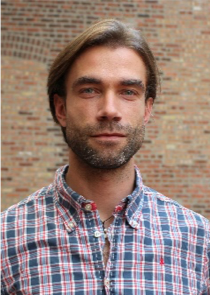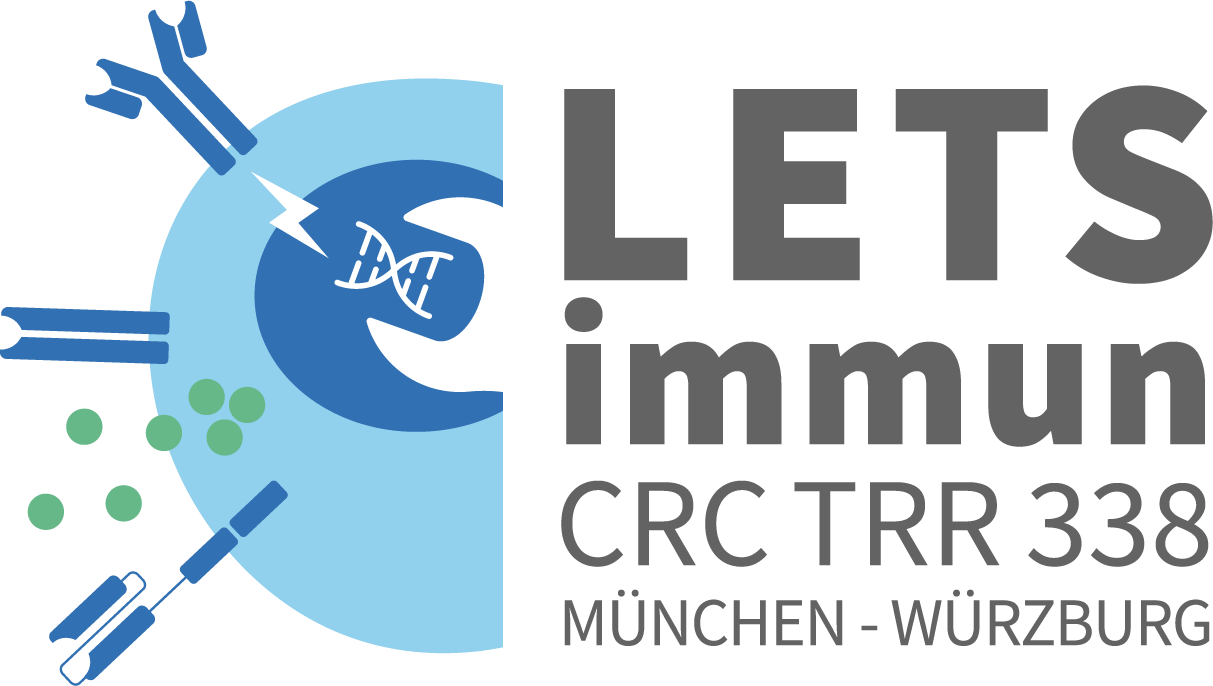
Dr. -Ing. Stefan Canzar
Genzentrum
Ludwig-Maximilians-Universität München
Feodor-Lynen-Straße 25
81377 München
Phone: +49 89 2180 71050
Email: canzar@genzentrum.lmu.de
University training and degree
2005 – 2008 PhD student
Max-Planck-Institut für Informatik, Saarbrücken, Germany
Group: Algorithms and Complexity
2004 – 2005 PhD student
Lorraine Laboratory of IT Research and its Applications, Nancy, France
Group: Optimization in Bioinformatics
1999 – 2004 Diploma in Computer Science, TU München, Germany
Thesis Supervisor: Angelika Steger (ETH Zürich)
2001 – 2002 National University of Singapore
Exchange Semester at the School of Computing
Advanced academic qualifications
2008 Bi-national doctoral degree in Computer Science
Dr.-Ing., Saarland University, Saarbrücken, Germany, and
Doctorat, Universtité Henri Poincaré, Nancy, France
Supervisors: Kurt Mehlhorn, Ernst Althaus, and Jens Gustedt
Thesis: “Langrangian Relaxation – Solving NP-hard Problems in Computational Biology via Combinatorial Optimization”
Postgraduate professional career
2016 – present Research Group Leader
Gene Center, Ludwig-Maximilians-Universität München, Munich, Germany
2014 – 2016 Research Assistant Professor
Toyota Technological Institute at Chicago, USA
2012 – 2014 Postdoctoral researcher
Johns Hopkins University School of Medicine, Baltimore, USA
Center for Computational Biology
2009 – 2012 Postdoctoral researcher
Centrum Wiskunde & Informatica, Amsterdam, The Netherlands
Group: Algorithmic Computational Biology
2018 Scientific Co-coordinator Graduate School Quantitative Biosciences Munich
2008 PhD degree awarded summa cum laude
2005-2008 DAAD Scholarship for Doctoral Studies
2004 Diploma thesis award of the Gesellschaft für Informatik
2004 Diploma with distinction from TU München
a) Articles published by outlets with scientific quality assurance, book publications and works accepted for publication, but not yet published
1. Sphetcher: Spherical thresholding improves sketching of single-cell transcriptomic heterogeneity. Van Do H, Elbassioni K, Canzar S*iScience. 2020 Jun 26;23(6):101126. doi: 10.1016/j.isci.2020.101126.
2. Dynamic pseudo-time warping of complex single-cell trajectories. Van Do H, Blažević M, Monteagudo P, Borozan L, Elbassioni K, Laue S, Rojas Ringeling F, Matijević D, Canzar S*. Research in Computational Molecular Biology. RECOMB 2019. Lecture Notes in Computer Science
3. A Common Embryonic Origin of Stem Cells Drives Developmental and Adult Neurogenesis. Berg DA, Su Y, Jimenez-Cyrus D, Patel A ,Huang N, Morizet D. Lee S, Shah R, Ringeling FR, Jain R, Epstein JA, Wu QF, Canzar S, Ming GL, Song H, Bond AM. Cell. 2019 Apr 18; 177(3):654-668.e15. doi: 10.1016/j.cell.2019.02.010.
4. Temporal Control of Mammalian Cortical Neurogenesis by m6A Methylation. Yoon KJ, Ringeling FR, Vissers C, Jacob F, Pokrass M, Jimenez-Cyrus D, Su Y, Kim NS, Zhu Y, Zheng L, Kim S, Wang X, Doré LC, Jin P, Regot S, Zhuang X, Canzar S, He C, Ming GL*, Song H*. Cell. 2017 Nov 2;171(4):877-889.e17. doi: 10.1016/j.cell.2017.09.003.
5. The dynamic landscape of fission yeast meiosis alternative-splice isoforms. Kuang Z, Boeke JD, Canzar S*. Genome Res. 2017 Jan;27(1):145-156. doi: 10.1101/gr.208041.116.
6. BASIC: BCR assembly from single cells. Canzar S, Neu KE, Tang Q, Wilson PC, Khan AA*. Bioinformatics. 2017 Feb 1;33(3):425-427. doi: 10.1093/bioinformatics/btw631.
7. ModuleAlign: module-based global alignment of protein-protein interaction networks. Hashemifar S, Ma J, Naveed H, Canzar S*, Xu J*. Bioinformatics. 2016 Sep 1;32(17):i658-i664. doi: 10.1093/bioinformatics/btw447.
8. CIDANE: comprehensive isoform discovery and abundance estimation. Canzar S*, Andreotti S, Weese D, Reinert K, Klau GW. Genome Biol. 2016 Jan 30;17:16. doi: 10.1186/s13059-015-0865-0
9. On Tree-Constrained Matchings and Generalizations. Canzar S, Elbassioni K, Klau GW, Mestre J. Algorithmica. 2015;71(1):98-119. doi:10.1007/s00453-013-9785-0
10. Charge group partitioning in biomolecular simulation. Canzar S, El-Kebir M, Pool R, Elbassioni K, Mark AE, Geerke DP, Stougie L, Klau GW*. J Comput Biol. 2013 Mar;20(3):188-98. doi: 10.1089/cmb.2012.0239.
